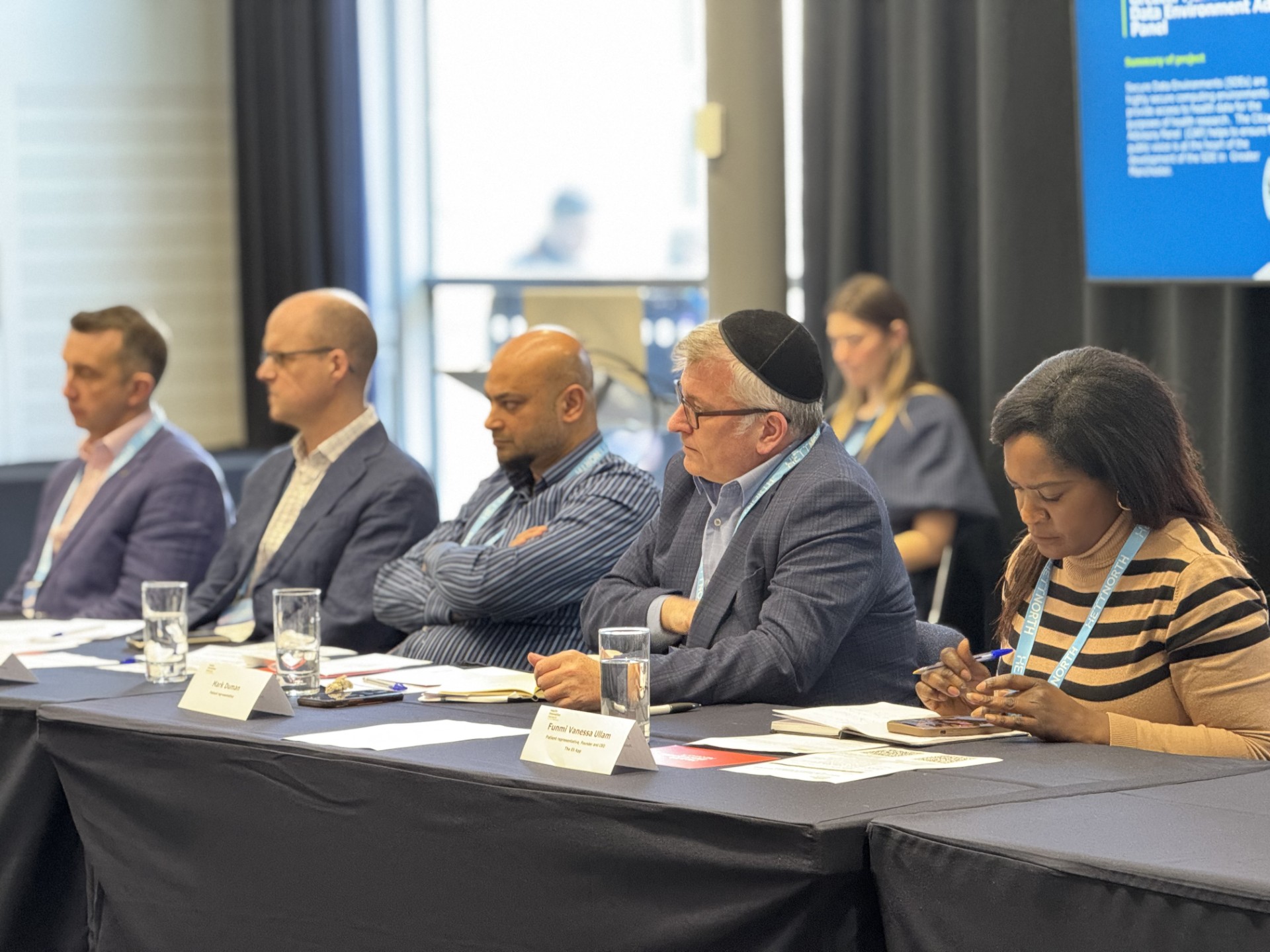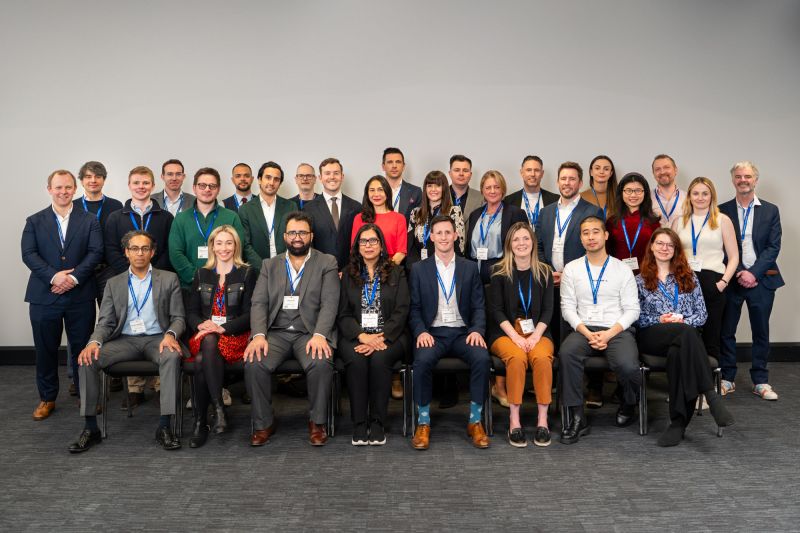The AHSN Network was commissioned by NHS England to support Mental Health Trusts with the adoption of the Serenity Integrated Mentoring (SIM) model between April 2018 and March 2020. NHS England has now written to Trusts to ask that SIM and SIM-like models stop. The service users for this model have complex mental health needs and are among the most vulnerable in society, so the Network was deeply concerned to hear of the issues outlined in NHS England’s letter; any withholding of care is clearly unacceptable.
In 2021, the AHSN Network commissioned an Independent Review into its role in supporting the adoption of SIM, following concerns raised about the model on social media. The Independent Review focused on the context, decisions and processes that led to the selection of SIM as a national programme, commissioned by NHS England. The Independent Review did not consider the merits or demerits of the model as this was the subject of a review initiated by NHS England in 2021.
During the two years that SIM was an AHSN national programme, AHSNs recognised a need for a more rigorous evaluation of SIM, and the Network supported applications to the National Institute for Health and Care Research (NIHR) for more extensive research studies, which included qualitative assessments of service user experience. Those research bids were however unsuccessful.
The Independent Review into the AHSN role in SIM was commissioned by the Network as an internal learning exercise and AHSNs have used the recommendations in the review to improve and enhance our processes relating to the identification and spread of innovation.
When SIM was adopted among the first set of AHSN National Programmes, it marked the start of AHSNs working together as a national Network. Five years on, the AHSN Network systems and processes for developing and supporting national programmes have undergone significant development; as has our experience of supporting adoption at scale.
The majority of the recommendations within this independent review have already been implemented. Notably, we now ensure evaluations are built into programme plans from inception; a phased approach to national spread of promising innovations has been adopted; and patient and public involvement is central to innovations put forward for national spread.
However, the AHSN Network is committed to learning from feedback from service users, clinicians and other partners regarding the innovations and service models it supports, and will continually review and update its processes.
Read the full AHSN Network response to the Independent Review.
Read the full ‘Independent Review’ into the AHSN Network role in SIM

The need for fast-paced innovation in healthcare is widely acknowledged. And ensuring that healthcare innovation is shaped by the people it serves remains a pressing priority – one made all the more evident by the growing emphasis on health equity in the 10 Year Health Plan. Patient voices are often cited as central to healthcare [...]

The NHS Innovation Accelerator (NIA) has revealed its 2025 cohort of Fellows. As the NIA celebrates a decade of helping to drive innovation in the NHS, this year’s cohort aligns with the Government’s three priorities: supporting the transition from analogue to digital, sickness to prevention and hospital to home. The 28 new Fellows will benefit [...]

A new guide aimed at helping primary care organisations and integrated care boards understand and address problematic polypharmacy has been launched by the Health Innovation Network as part of its national Polypharmacy Programme. Developed in response to a clear need identified by primary care and prescribing colleagues, this essential resource provides practical, evidence-based strategies to [...]








